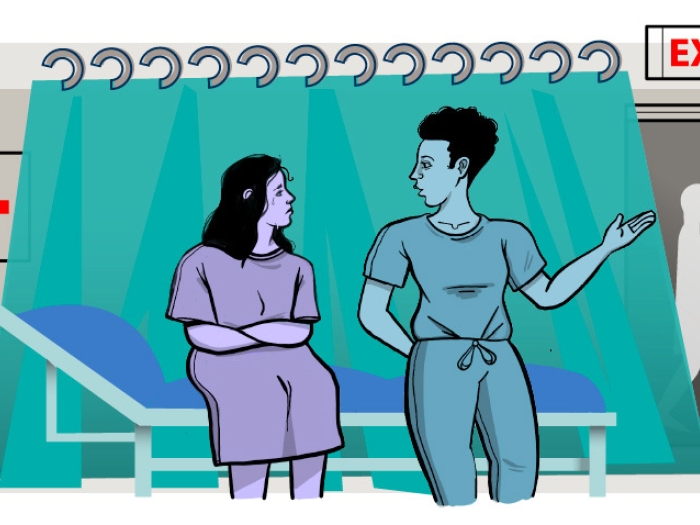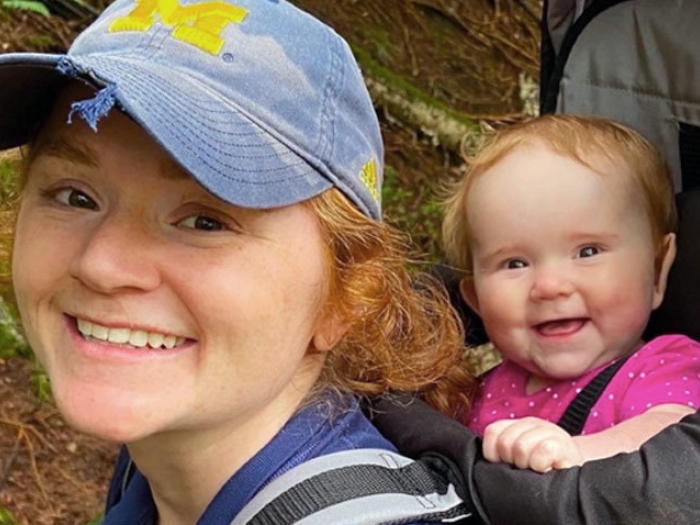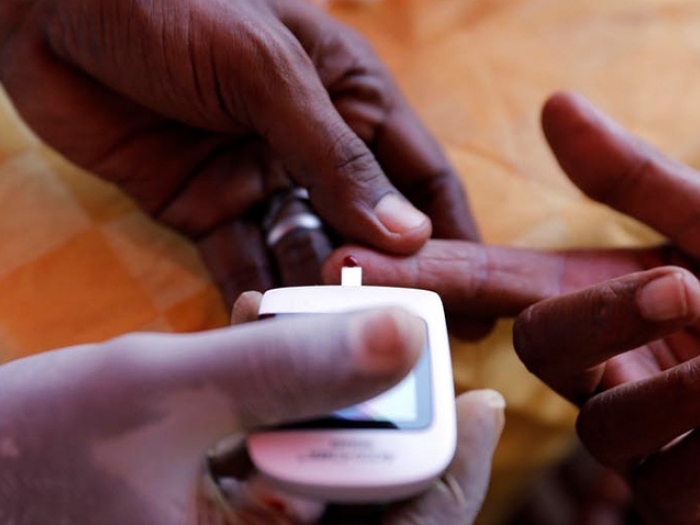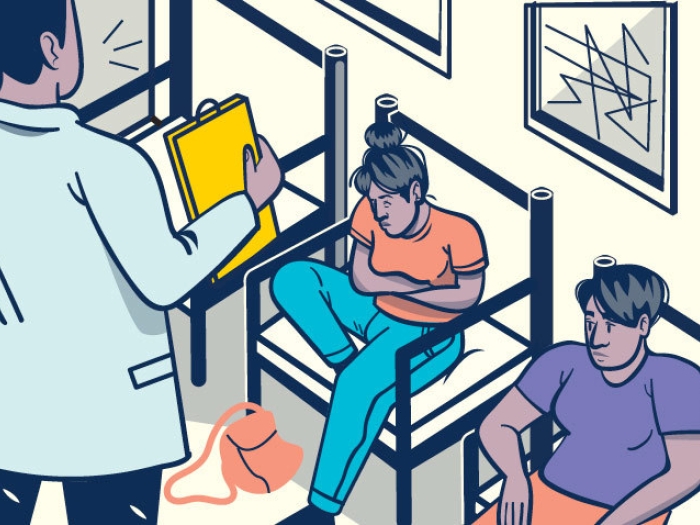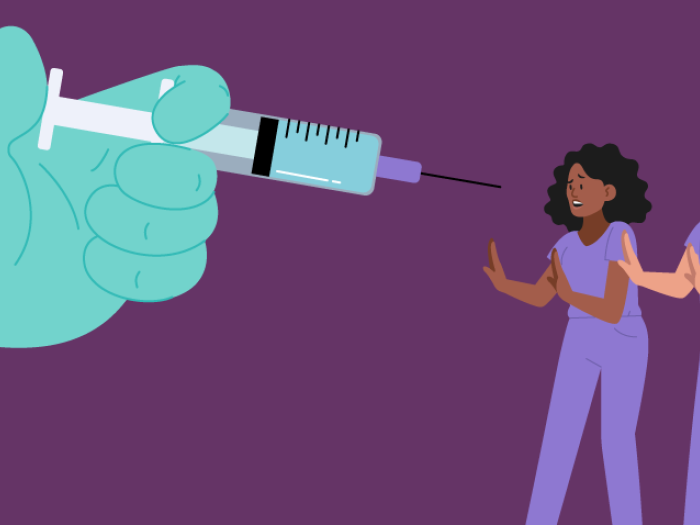Researchers offer potential solutions for scaling-up increasingly popular remote healthcare services.
11:15 AM
Author |
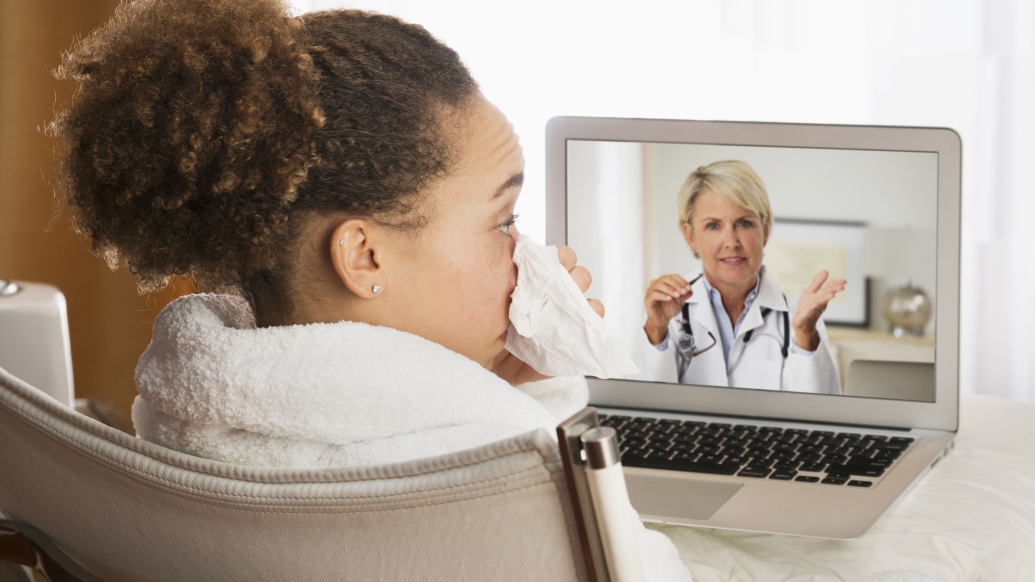
For many patients, a doctor's visit can mean weeks long waits for an appointment, transportation issues and other inconveniences even for brief encounters that don't require a physical exam.
LISTEN UP: Add the new Michigan Medicine News Break to your Alexa-enabled device, or subscribe to our daily audio updates on iTunes, Google Play and Stitcher.
Increasingly, major health systems throughout the country are implementing telehealth programs in an effort to increase access and improve patient experiences. This move is made possible by more support from insurance payers, including the Centers for Medicare and Medicaid Services, which recently announced a proposal to expand telehealth access for Medicare recipients. However, as a new report in the December issue of Health Affairs details, incorporating video visits and other forms of telehealth into current practice can be fraught with challenges.
Five common challenges
Michigan Medicine's Chad Ellimoottil, M.D., M.S., assistant professor of urology, and a team of experts describe some of the most common issues that large health systems encounter when implementing telehealth programs and approaches to overcoming them.
"Many health system executives, clinicians, staff, and patients understand the potential benefits of telehealth, but implementing it in a big health system is difficult to do and takes a lot of coordination," he says.
The paper outlines five challenges faced by four institutions, Emory Healthcare, Jefferson Health, Massachusetts General Hospital and Michigan Medicine.
The first challenge, engaging leadership, involves demonstrating for health system executives how e-health aligns with overall organizational strategic vision and long-term goals. It comes down to investing enough resources to make programs feasible, explains Ellimoottil.
"Enthusiasm alone is insufficient; you need full time employees who are devoted to implementing telehealth," he said.
The challenges that you're going to face are the challenges that everyone else is facing. You're not on an island.Chad Ellimoottil, M.D., M.S.
He notes that Massachusetts General and Jefferson Health have made large, up-front investments knowing that return on investment may take some time. Yet, early evidence points to significant payoff. For example, Emory Healthcare saved the Medicare program $4.6 million over a fifteen-month period with its teleICU program.
As interest in e-health grows, teams put in charge of directing pilot programs can quickly become overwhelmed. Michigan Medicine addressed this challenge by assessing and prioritizing areas, specifically postoperative video visits, for more support across surgical specialties. The team recommends a similar prioritization approach for other health systems to manage requests for implementation assistance.
MORE FROM MICHIGAN: Sign up for our weekly newsletter
The sheer number of clinicians and administrative staff at large health systems, which can number in the hundreds to thousands, means a lot of people to persuade about the utility of e-health. The report offers several suggestions for obtaining buy-in, from engaging clinicians to brainstorm areas that can benefit from telehealth to rewarding staff members who participate.
Another crucial set of stakeholders are patients. Patients need to be educated about telehealth programs and the act of making an e-health appointment should be simplified. Michigan Medicine, Jefferson Health and Massachusetts General have addressed this by appointing e-health coordinators, and setting up online appointment systems for scheduling and answering questions.
The final challenge they identified is measuring telehealth outcomes. To that end, Ellimoottil directs the Michigan Telehealth Research Incubator, funded by the U-M Institute for Healthcare Policy and Innovation, to study the cost, quality and patient access benefits of telehealth.
His overarching message to health systems looking to implement e-health is to not be afraid of failure.
"The challenges that you're going to face are the challenges that everyone else is facing. You're not on an island; even major, forward-thinking health systems are running into the same issues. If you believe, like I do, that telehealth will be fully integrated into standard clinical care in the next 5-10 years, it's a worthwhile endeavor to be involved in."

Explore a variety of healthcare news & stories by visiting the Health Lab home page for more articles.

Department of Communication at Michigan Medicine
Want top health & research news weekly? Sign up for Health Lab’s newsletters today!
